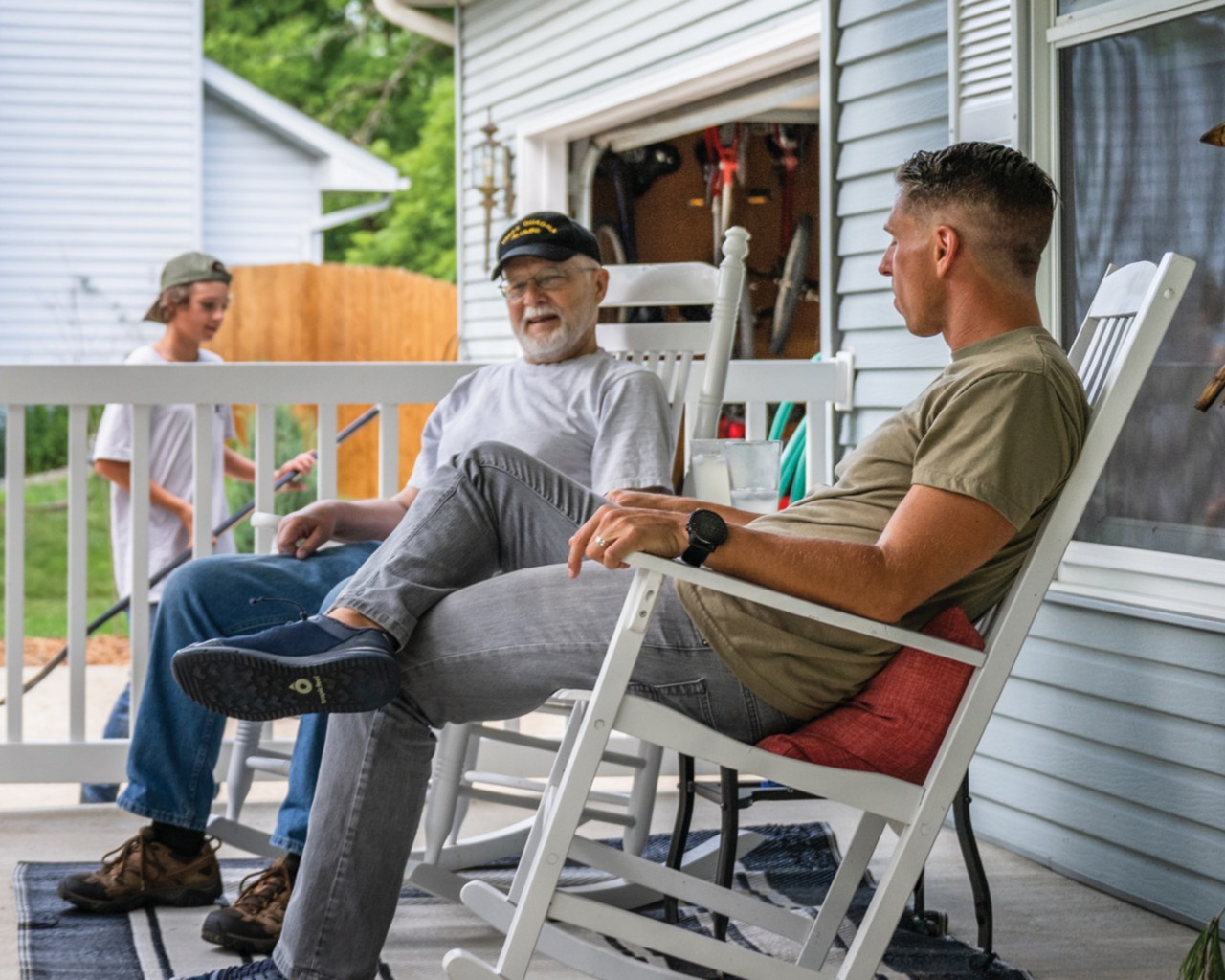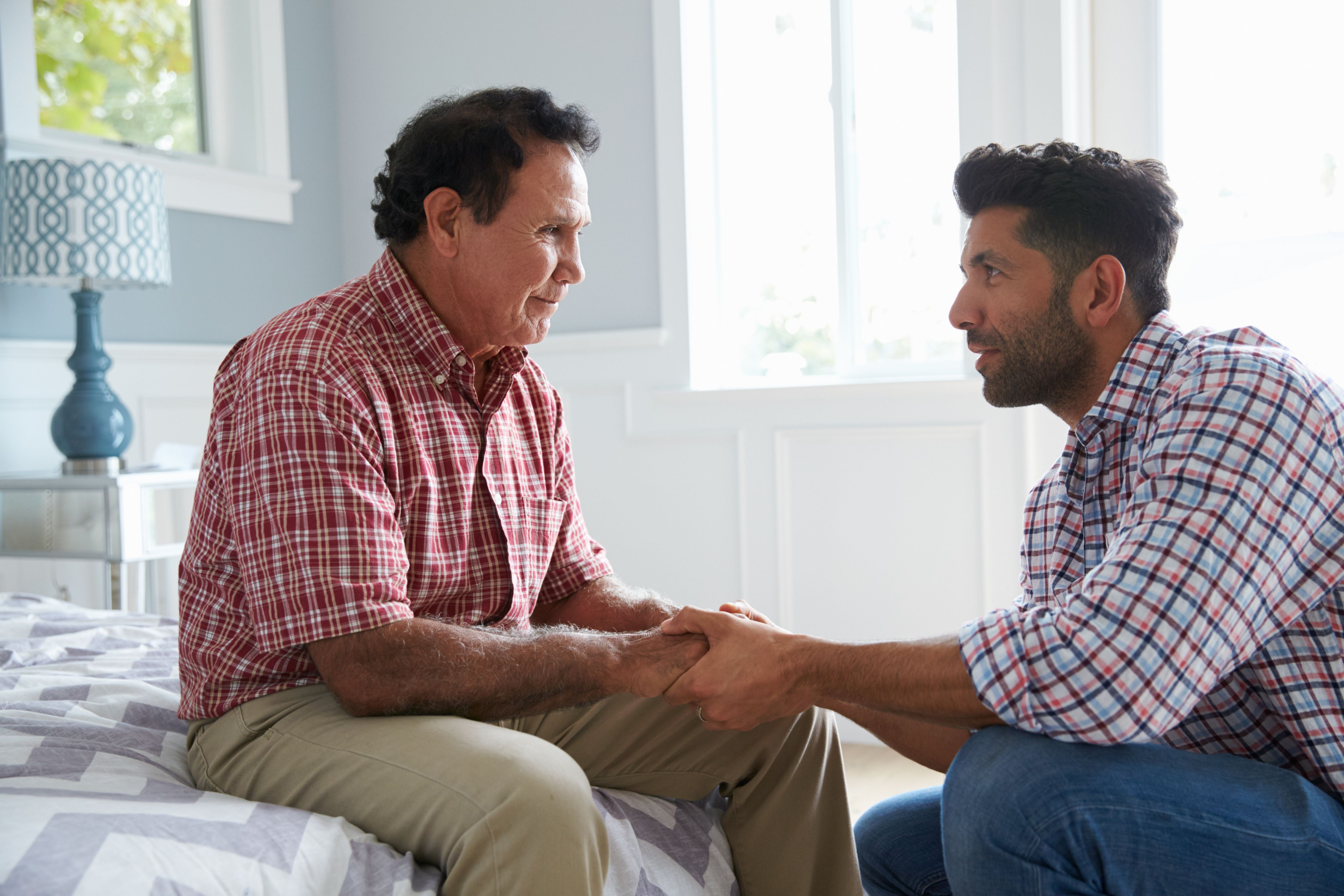Even though caregiving is increasingly common, new caregivers often struggle to accept and understand what the role requires. Most people, when planning their life, don’t anticipate caregiving. It’s not a dream job, but an unexpected necessity people face as their parents or other loved ones encounter health challenges.
If you’re struggling as a new caregiver, you’re not alone. According to a 2020 study, more than 53 million Americans engage in some form of caregiving activity a year.3
Even people with money, time and resources find the unexpected shift overwhelming. Bradley Cooper recently cared for his ailing father. Going from looking up to his father to providing care was an eye-opening experience. Because of his time as a caregiver, Cooper recently partnered with WETA to produce “Caregiving,” an upcoming PBS documentary series that will air in 2025.2
The four-part documentary will tell the story of caregiving and feature stories from caregivers, thought leaders, and experts.2
“Like most people, I didn’t even think about caregiving until my father was diagnosed with cancer,” Cooper said in a
Shifting from being cared for to being a caregiver is a jarring experience. As you step into this role, now is the time to look at what it means to be a caregiver. This includes assessing what questions to ask, deciding how you can best help your loved one, and learning how to access the resources available to you.



